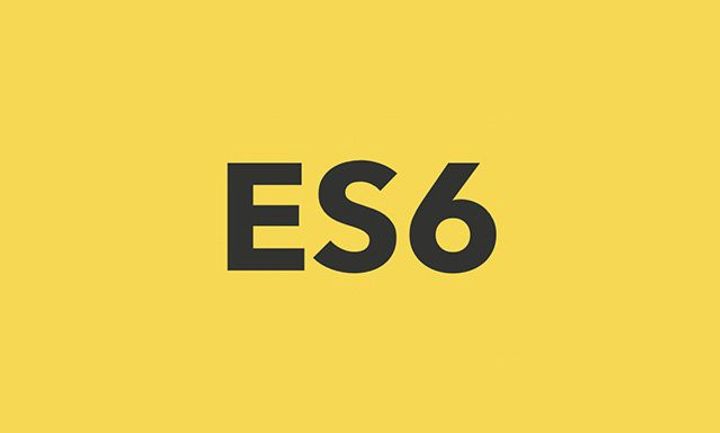
Javascript: call functions without using parentheses (what?!)
Let's dig in a not-well-publicized ES6 feature: calling functions without using parentheses.
If you are familiar with Ruby, you know that in Ruby you can omit parentheses when they're not ambiguous:
puts 'hello world'
puts('hello world')
//-> same result!But we're in javascript and this is not allowed. Uhm... in some forms it IS allowed!
How I've discovered this: SQORN
In my search for new libraries, I found SQORN library. Sqorn allows you to write sql queries in nodejs.
What captured my attention is the way Sqorn is intended to be used:
const sq = require('sqorn-pg')();
const kid = sq.from`person`.where`age < 13`;What's happening here?! Where are parentheses? Is this javascript after all?
Template strings
You should already know the newest way of declaring a string in JS, like this:
const str = `this is a string!`;And it is very useful because you can interpolate values inside, witouth concatenating:
var name = 'Michele';
//es5
var helloES5 = 'Hello, ' + name;
//es6
const helloES6 = `Hello ${name}`;Imagine you have to concatenate 6-7 items in the same sentence... You'll agree the ES6 version is clearer ;)
The nice part of this string declaration is that you can pass strings as arguments to functions without parentheses:
function hello(name) {
console.log(`How are you ${name}`);
}
// The convention is to write the string right
// after the function name...
hello`Michele`;
//-> How are you Michele
//...but you can put a space too
hello`Michele `;
//-> How are you MicheleThis syntax doesn't work with ' or ":
hello 'Michele'
//-> SyntaxError: unexpected token: string literalMore power to string templates!
Studying this syntax I discovered intresting features. For example, functions can extract the variables (ones in ${...}) from the template string:
var a = 5;
var b = 10;
function tag(strings, ...values) {
console.log(strings[0]); // "Hello "
console.log(strings[1]); // " World "
console.log(values[0]); // 15
console.log(values[1]); // 50
return 'Bazinga!';
}
tag`Hello ${a + b} World ${a * b}`;
// "Bazinga!"Conclusion
This stuff is pretty nice but it is a bit obscure. Infact, apart from SQORN, I've never seen this syntax used elsewhere. It's a nice-to-know feature, good for impressing others, but my suggestion is to use this only if it's the clearest way to express your concepts.
